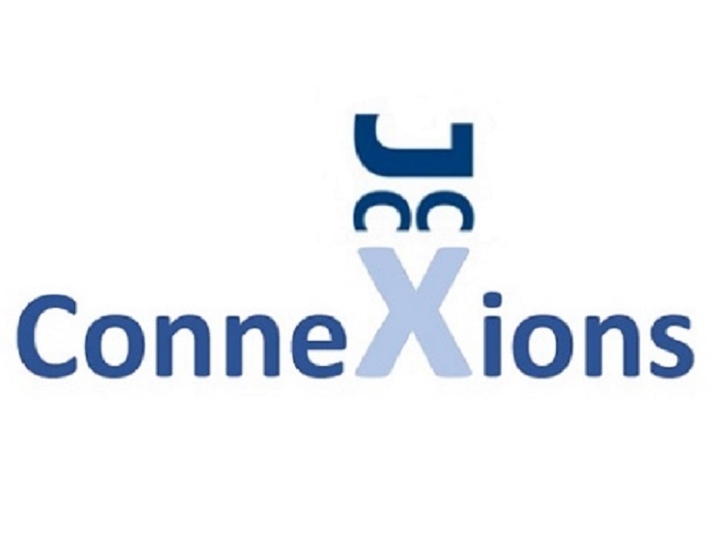
JCC Connexions, Vol. 8 No. 4
November 1, 2022
November 2022, Vol. 8, No. 4
Critical Conversations #31
Samuel J. E. Cox, Luke T. Waldbillig, and Perry L. Glanzer
In "College Students’ Developing Understanding of Moral Expertise: A Longitudinal Case Study of the Importance of Models, Mentors, and Practice" (Journal of College & Character, vol. 23, no. 4, November 2022), Samuel J. E. Cox,Luke T. Waldbillig, and Perry L. Glanzer interviewed fourteen students in their first and third years of enrollment regarding their understanding of moral expertise. Findings suggest students sought out moral experts with religious organizations and peer mentors providing the primary sources of moral expertise. Read More.
The 70-Year Work Life: Preparing Our Students
Michael J. Stebleton University of Minnesota-Twin Cities
Higher education and student affairs leaders play critical roles in supporting students for career longevity in an era marked by profound uncertainty. It is difficult to predict the future; yet, change is inevitable, and many individuals struggle with managing ambiguity. Inevitably, there will be periods of time when all of us are more engaged in paid work (e.g., traditional employment, gig work) as compared to non-paid work (e.g., caregiving, volunteer work). Based on these predictions, a holistic planning approach will work best. Read more.
Questions Relating to Moral Development: JCC, November 2022
Pamela C. Crosby, Co-Editor, Journal of College and Character
Here are some important questions that relate to moral development that are explored in articles in the August 2022 issue (vol. 23, no. 3) of the Journal of College and Character. Read more.
Lessons in Moral Development Learned From a Sabbatical Adventure
Art and the Possibilities of Higher Education
Peter Mather, Ohio University
I believe in the virtue of university life. The opportunity to cultivate vital knowledge and wisdom in advancing the best of humanity has provided me a sense of meaning and purpose for nearly four decades. However, I believe the venerable mission of higher education and my own attempts to contribute to it are frequently drowned out by the noise of what has come to be the business of the university. What I refer to as the business of the university is often in competition with virtuous practices that foster transformational learning. As we gather in meetings but also in classroom settings, shadows are cast on the loftiest promise of our work by a focus on antiquated business and pedagogical conventions—practices born out of an industrial age mindset of control, efficiency, and productivity. None of these is problematic in its own right, but they have become idols, obscuring the liberating and transformative promise of our communities of learning. Read more.
Critical Religious Studies in Higher Education
Religion, Culture, and Worldview Diversity
Renee L. Bowling The Ohio State University
Having served as a student affairs professional at both public and private U.S. higher education institutions, spirituality has been important to my identity and communities of belonging and motivational for my work. Like many colleagues of faith, I volunteered with student retreats and interfaith experiences and supported students’ religious, secular, and spiritual (RSS) development by ensuring access to religious and spiritual resources, support, and spaces. A relationship between religion and culture became apparent as I began to understand how identity and community are connected; for many students, religion is much more about practice and belonging than about beliefs. Read more.
Engaging Civic Religious Pluralism
How to Address Affective Polarization Through Civic Religious Pluralism
Becca Hartman-Pickerill Interfaith America
Affective polarization is diminishing people’s inclination and ability to collaborate with people with whom one disagrees; in a diverse democracy that is a recipe for a strained if not dysfunctional life together. The upshot is that researchers, practitioners, and people who need to work with others in their daily lives know what works to reduce affective polarization; the challenge is that it takes a multipronged and sustained approach to strengthening our civic health. There is no single quick fix, but there are myriad ways to reduce affective polarization in your own life and in the operations of our institutions. Read more.
Fostering Moral Development
The Challenge of Accountability
Alan Acosta, University of Massachusetts Chan Medical School
As with most academic terms, the fall 2022 semester has provided lots of interesting and unique opportunities to hear from students about their experience. At the University of Massachusetts Chan Medical School (UMass Chan), students shared their concerns regarding a new policy around course evaluations and potential impacts on their academic careers. I sat in a town hall where students freely shared their opinions, often not positive, about the policy change. They have also shared their views on a number of other issues, some which are related to broader societal concerns and others which are specific to our institution. While this story is not new or uncommon on most college campuses, there has been an element to the students’ expressions of frustration which has felt a bit different than in previous years.. Read more.